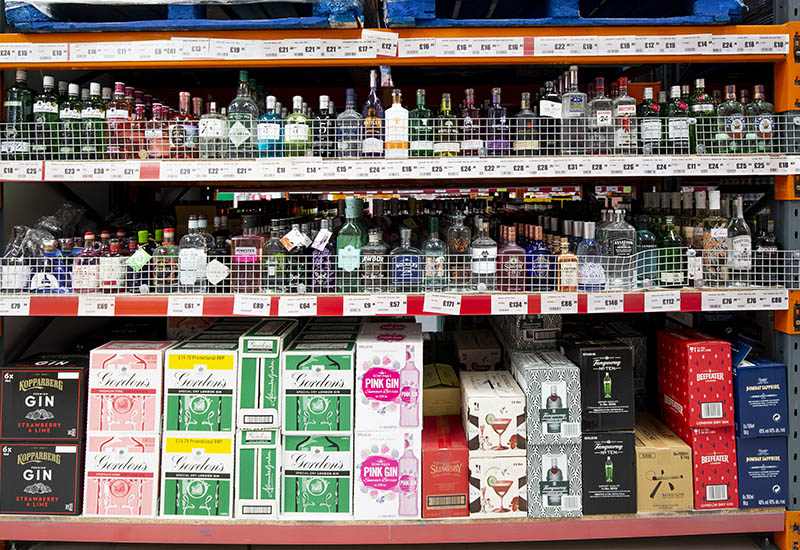
Ask FWD: The government’s Alcohol Duty Review
As we leave the EU, the government has released its Alcohol Duty Review to make the current system “simple, more economically rational and less administratively burdensome”. FWD breaks down the key points
Does it need changing?
It does have some anomalies. Cider rates are much lower than beer, for example, and it could be fairer on smaller producers – many have said it’s unnecessarily complex. Alcohol duty provides the treasury with £12 billion a year and our rates were among the highest in Europe.
That disparity creates an opportunity for fraud. Since the introduction of the Alcohol Wholesaler Registration Scheme (AWRS), which was proposed by FWD, the revenue lost to duty fraud has fallen significantly. Wholesalers’ willingness to regulate themselves saved taxpayers £250m in the first year of the scheme and the revenue has been returned every year since.
What are the proposals?
There’s a suggestion duty rates could be varied depending on where the alcohol is sold, for example, between a restaurant and a convenience store. We can’t see a rational basis for creating a distinction between the on- and off-trade. For packaged beer, the introduction of a differential rate would be costly, burdensome, liable to increase fraud and frankly unworkable when combined with policies such as DRS.
But pubs would welcome a lower rate for kegged beer…
Like pubs, convenience stores are often the heart of their communities, providing a vital community service. Discounting kegged beer doesn’t help them. In fact, it might put them at a disadvantage. For wholesalers who supply both channels, having different rates on the same packaged SKUs would mean increased administration and cost, more storage space and so on.
So the opposite of “simpler, economically rational and less burdensome”?
Exactly. We also think it would lead to fraud increasing again. Less reputable wholesalers could claim higher proportions of product at the lower duty rate and sell it to businesses that should be paying the higher. That would mean HMRC would have to invest in its enforcement regime to prevent the criminals undercutting AWRS-compliant wholesalers.
So what’s the plan?
We’ve responded to the consultation and explained why we think some of the proposals are unworkable and unfair. We’ve also suggested that HMRC add a search-by-name function to the AWRS register, a low-cost intervention that will help to keep fraud down and reward the legitimate traders. Next year we’ll see another consultation and measures brought forward for change.
Alcohol Alcohol Duty Review Brexit FWD Government
